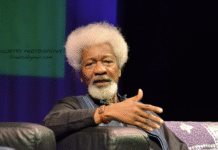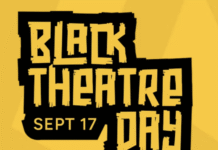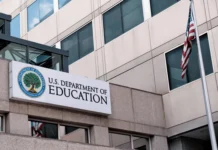
Photo Credit: Google Images
NPR is reporting that representatives from Historically Black Colleges and Universities (HBCUs) are meeting this week to talk about African Americans in the tech world.
According to a recent study by the National Science Foundation, Black men and women made up 5 percent of scientists and engineers working in their field in 2010. NPR guest host Celeste Headlee spoke with two technologists — Ayori Selassie and Greg Greenlee — about who we’re not paying attention to and what can be done about the issue of diversity in the tech world. Dillard University President Walter Kimbrough also joined the conversation letting listeners know that the ‘Black Steve Jobs’ is out there. We just need to look harder.
Check out excerpts from the interview below:
Ayori Selassie, Founder of Pitch Mixer Entrepreneur Forum, On The Importance Of Mentors
“Guess what. We’re not going to see that development in that African-American Steve Jobs if he’s not being mentored. You know, Steve Jobs was mentored by a lot of amazing people including one of the CEO’s of Intel and all sorts of other people. And what they do is they get in there, they work with you, they help you through these challenges and they share the network, they sponsor you and they support you. That’s what we have to have. That’s why that cross-cultural exchange is so important. Because if we don’t start integrating and having real diversity and different people involved in our friendships and relationships, and in our companies, then we’re not gonna have that mentorship that crosses the racial line.”
Dillard University President Walter Kimbrough On The Role Of Historically Black Colleges And Universities
“Members of the HBCU community [are working to] find new avenues such as this upcoming HBCU conference to talk about innovation at the institutions where we develop strategies so that HBCUs in particular can help faculty members develop practices and work with Silicon Valley so that we provide more opportunities for technology which will hopefully then generate companies that can fund those institutions as well as provide support for students. So there are some unique and exciting things that are happening there.”
To read more excerpts of the interview or to listen to the interview, visit NPR.
Like The Burton Wire on Facebook. Follow us on Twitter @TheBurtonWire.








